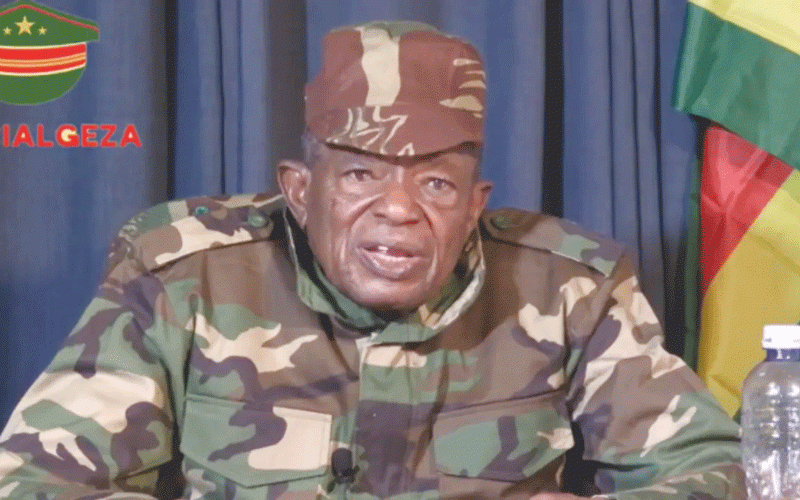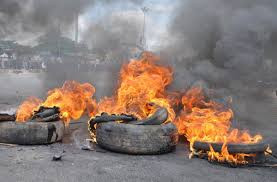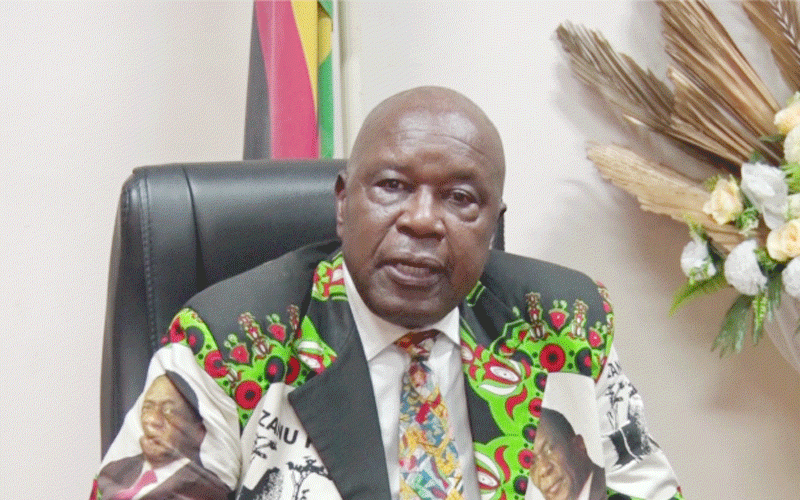WE have referred in previous articles to the film ‘Cool Runnings ’ which told the story of the Jamaican athletes who could not participate in the summer Olympics in the sprint events so chose to enter the winter Olympics in bobsledding, despite never having done it before, having no equipment, no money and no experience of snow and ice.
They were seen as the laughingstock and faced ridicule for much of the time, almost having to apologise for being there.
However, they reached the point where they realised they had to stand up proudly as being Jamaican (and not try to impersonate the methods of the other experienced and expert nations) and indeed stand up as having the right to participate in the Olympic Games.
The one athlete took his gentle easy-going team-mate aside one evening and asked him to look in the mirror and to tell him what he saw.
Initially very timidly but later more determinedly after further cajoling from the tougher team-mate, he declared with increasing intensity, “I see pride. I see power. I see a badass mother who don't take no crap of nobody”. Then, he marched out to face the opposition, fired up and resolute.
Pride stirred him up powerfully. Pride can do that.
The problem is though that in truth there are two types of pride. There is good pride and there is bad pride. 'Bad pride' is the “deadly sin of superiority that reeks of conceit and arrogance.”
The East German bobsled team in the film had such pride. It displays a strutting, mocking, taunting attitude towards others, super-confident in its own ability and surly-minded towards all others. 'Good pride', in contrast, represents true dignity and self-respect (along with respect for others).
We do well, therefore, to reflect within school sport what type of pride we witness. Schools will speak of their school pride, of the pride that pupils have in not just representing their school but also in being at that school.
A new Headmaster was once heard telling his staff that he wanted his pupils to be proud of the school uniform though clearly he was not expecting the pupils to be delighted with the blazer, tie and other pieces of clothing that made up the uniform – we knew what he meant obviously.
He was thinking more of being proud of the school badge – and how often do we see players of teams clutching the badge on their shirt (though it should perhaps be pointed out that they only do that when the team wins).
Are the pupils proud of the school and everything in it or are they just saying they like being with that particular group of friends when things go well?
When it comes to school sport, we need to ask: of what is the school proud?
They tend to be proud of their achievements, obviously, freely announcing them to the world; they are proud of those pupils who gain provincial or national representation but only them – after all, they do not give such recognition to those who do not attain such distinction.
They are proud of a team having an unbeaten record (in other words, interestingly, of only doing half the curriculum); they are proud of them beating their rivals. There is a very real danger though that such pride is sailing close to bad pride.
Indeed, it comes close to the definition presented by the person who said that “Pride is concerned with who is right; humility is concerned with what is right”. What is right is important.
The pride we should be seeing in school sports, which they can take forward into all sports (and indeed into all areas of life), is pride in the performance as opposed to in the achievement, in the team doing their best, even if they lost.
It is recognising that the opposition played better and that their efforts were not good enough to bring about victory.
It is found in the way they handle defeat as well as victory, in how they respond to adversity and difficulty, to pressure and injustice – all the time showing dignity as well as respect for their opposition, the officials and themselves.
When our pupils, our players show such traits, then we can be truly proud – and therein lies true power.
Yet, from where does that pride come? Is it achieved by repeatedly shouting louder and louder into a mirror, psyching ourselves up? No, it comes from within, from a passion based on a belief that is founded on values.
That is the pride we should see and celebrate.
The Jamaican bobsled team did not win any medals but they won the respect of their competitors and the crowd by competing hard within their limitations and by bowing out with dignity and respect. Let us do the same.
That is cool!





